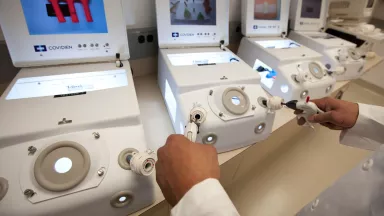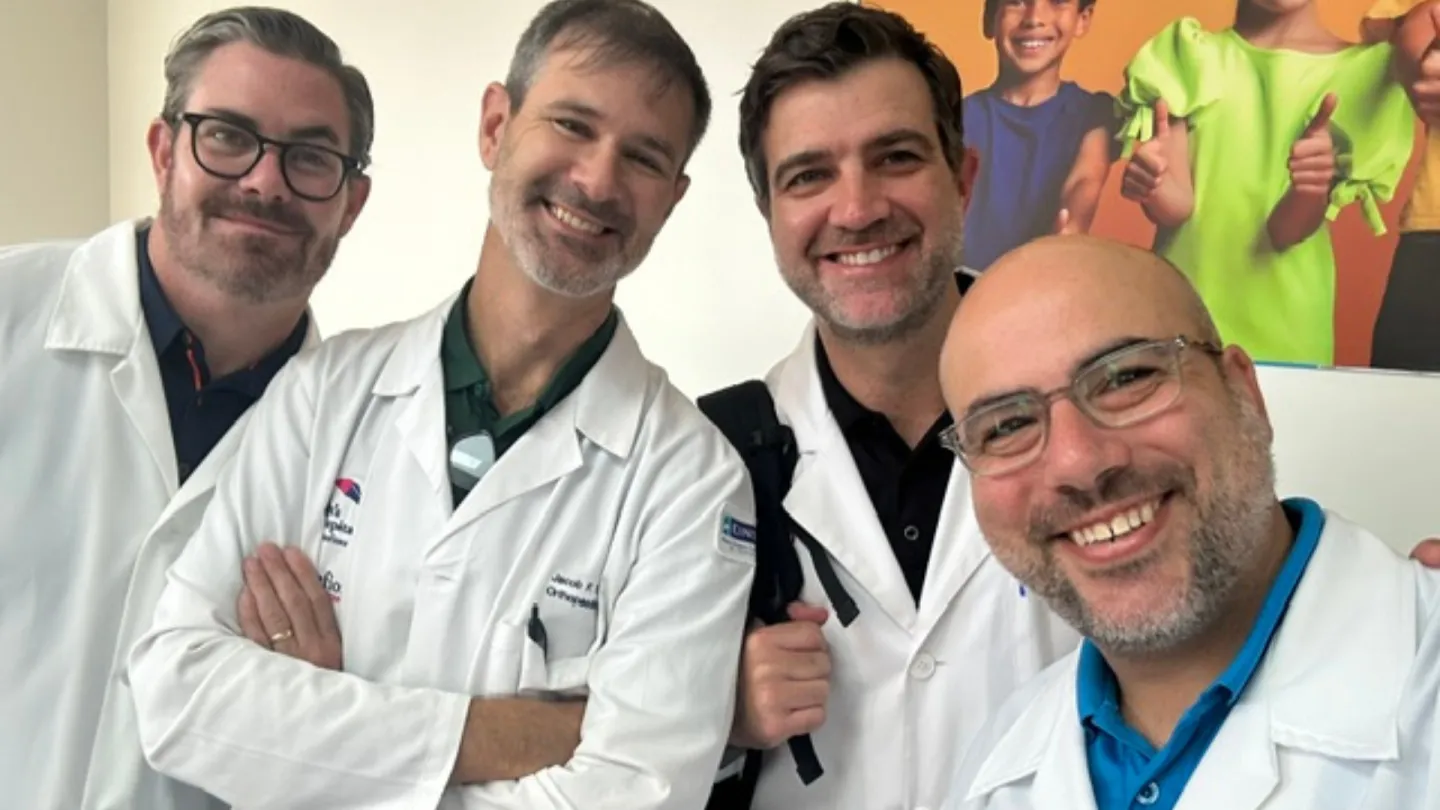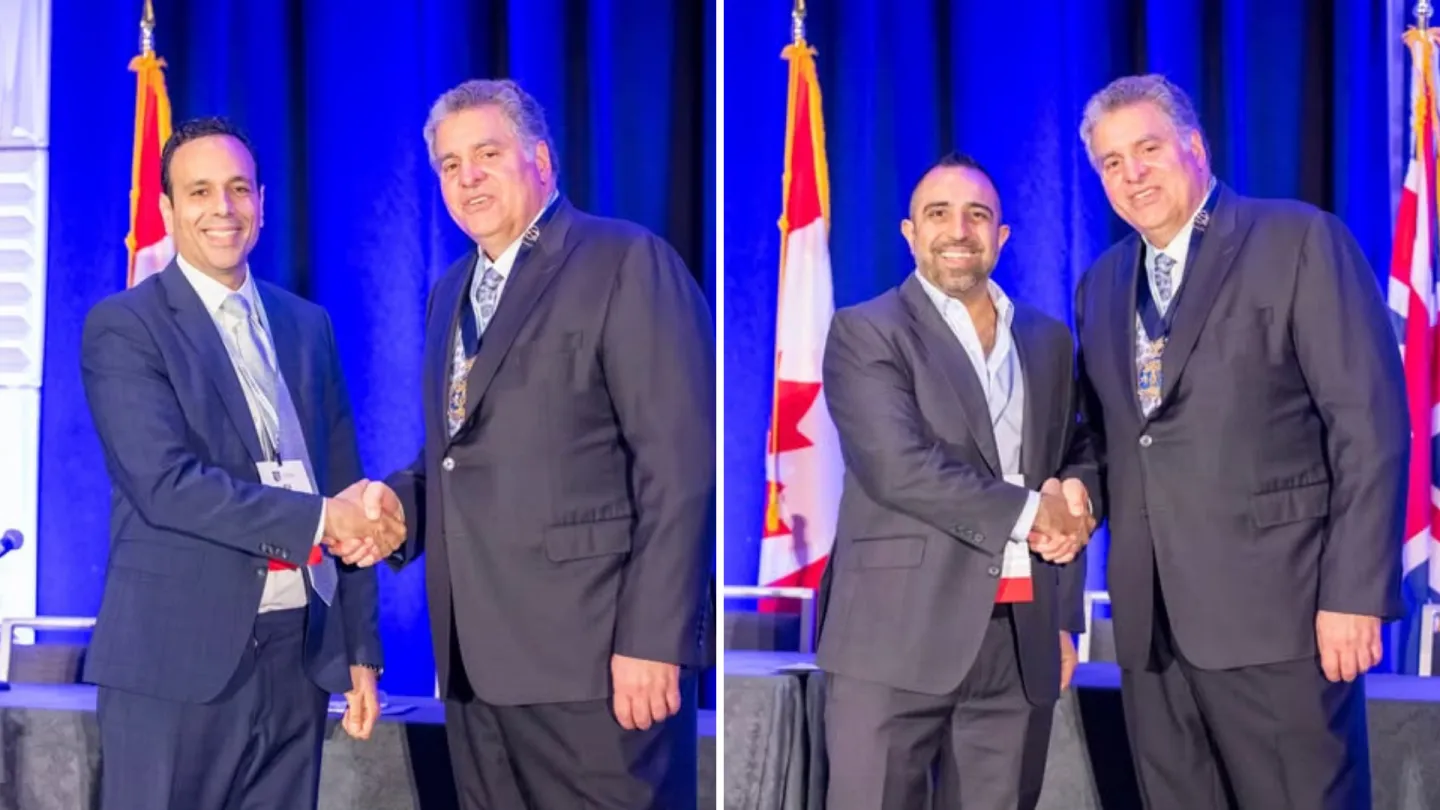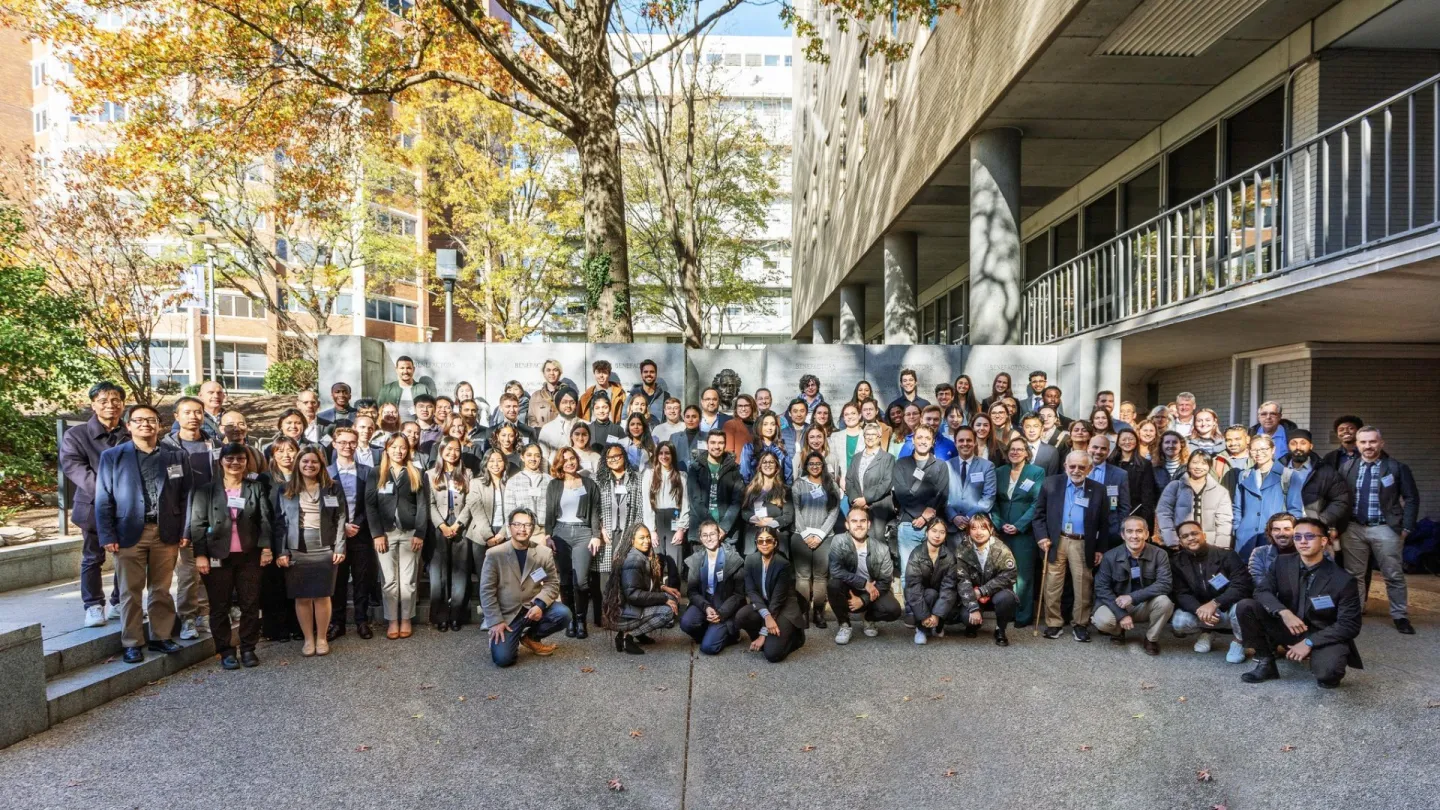Multidisciplinary Expertise & Specialized Patient Care


Montefiore Einstein Orthopedic Trauma provides comprehensive treatment for fractures and fracture-related conditions. With one of the busiest emergency departments in the nation, Montefiore Einstein has extensive experience treating a range of injuries. We’re ranked in the top 1% of all hospitals in the nation for Orthopedics according to U.S. News & World Report.
Our fellowship-trained specialists are dedicated to the diagnosis and management of various orthopedic injuries and conditions, including fragility fractures, nonunions, malunions and bone infections. Together with our team of geriatricians, endocrinologists, pain management specialists and orthopedic nurses, we work to ensure an intelligent and comprehensive approach for patients.
As an academic health system, we engage in a variety of research projects with the aim of better understanding conditions such as post-traumatic arthritis, geriatric fractures and osteomyelitis. Our participation in these research efforts allows us to explore exciting new methods for the advancement of care within our own health system and beyond.
The experience of our patients and their loved ones—not simply their ailments—demands our full attention. Your dedicated care team will be there to discuss your condition, answer questions, assess treatment options and develop a treatment strategy that is best for you.
Orthopedic traumas present unique challenges. At Montefiore Einstein, we believe that optimal outcomes are achieved through diligent evaluations, precise diagnoses and individualized treatment plans developed through years of clinical experience.
With experience in both conventional surgery and leading-edge surgical techniques, our board certified orthopedic traumatologists carefully select the most appropriate management strategy for each patient. Prior to any procedure, our surgeons always consider a patient’s unique needs, expectations and surgical goals.
Our status as an academic health system puts us at the forefront of our field. Together with our Albert Einstein College of Medicine, one of the highest NIH-funded institutions in the country, we are continually conducting research with the goal of discovering better treatment options for our patients. We routinely present our research findings and publish our study results in peer-reviewed publications.
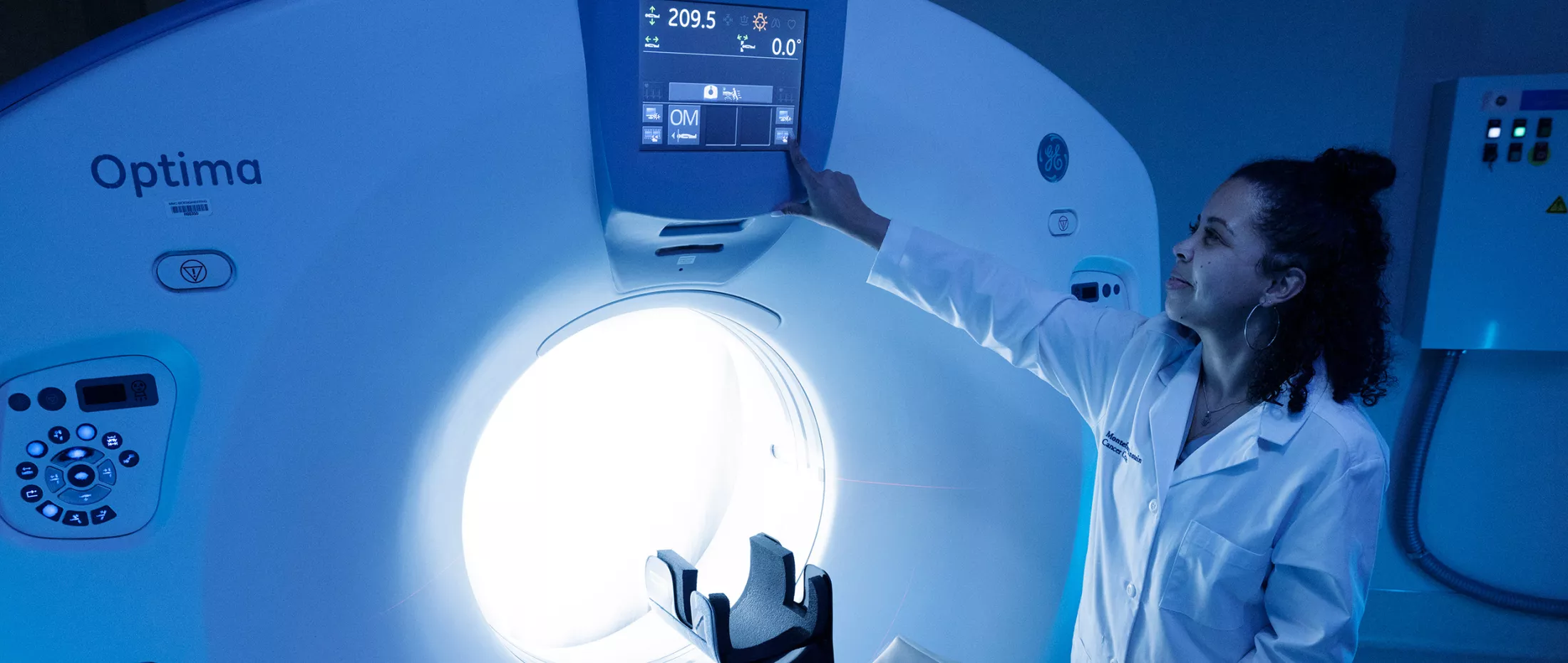
Conditions We Treat
Montefiore Einstein treats a wide spectrum of orthopedic conditions, a selection of which you will find here. In addition to these, we have experience treating many other related conditions. Please contact us to schedule a consultation to review and discuss your specific healthcare needs.
Fractures of the forearm
Fractures of the elbow
Fractures of the humerus
Fractures of the shoulder
Fractures of the pelvis
Fractures of the acetabulum
Fractures of the hip
Fractures of the femur
Fractures about the knee
Fractures of the distal femur
Fractures of the tibial plateau
Fractures of the tibia
Fractures about the ankle
Fracture of the distal tibia (pilon fractures)
Fractures of the talus
Fractures of the calcaneus
Fragility fractures

Advanced Trauma Treatments We Offer
Not every fracture requires surgery. But there are instances, such as when a fracture involving a joint is displaced or likely to heal in poor alignment, when surgery represents the best treatment option. In these cases, the purpose of surgery is to speed up recovery time, promote proper healing and allow for early joint motion.
Trauma surgery has evolved tremendously in recent decades. In the past, surgeries required long incisions and extensive soft-tissue dissection. Today, it is frequently possible to employ much smaller incisions that protect or spare the surrounding soft tissue.
Our surgeons carefully select cases that can be treated using minimally invasive techniques. When possible, broken bones are realigned using pins and clamps placed through minimally invasive incisions. With the assistance of imaging, the bone is aligned. An appropriate implant, such as a metal plate, is then guided through the small incisions and screwed into place.
Minimally invasive techniques have many benefits, including reduced pain, improved healing, shorter recovery time and minimal scarring.
When a limb is threatened by trauma or infection, conventional plates or rods may not be a viable treatment option. Ilizarov frames or Taylor spatial frames offer alternative approaches. These techniques place the majority of the implant outside the patient’s body and only pass thin wires or pins through the bone. Ring fixators like these are an invaluable treatment method for fractures that don’t heal, heal in poor alignment, develop postsurgical infections or have large associated wounds.
Using pins placed through the skin, rings are affixed to a bone above and below the fracture. These external rings can be manipulated to compress fractures, gradually realign limbs or even “grow” bone that has been lost due to trauma or infection.
Such advanced techniques are instrumental in managing particularly complex clinical cases in which routine approaches may yield suboptimal results. Expertise in these methods allows for limb salvage and improved quality of life for many patients with either extensive injury or chronic post-traumatic conditions.
Improper healing may result in malalignment or shortening of the limbs, which can impact ambulation, recreational activity and quality of life. In these cases, either realignment of the bone, lengthening of the bone or both can greatly restore a patient’s functional abilities.
Improved alignment is obtained by first creating a planned break in the bone (osteotomy). In certain situations, once realigned, bones can be held in place with plates and screws or an internal rod.
In cases where the bone is also shortened, a growing metal rod, which lengthens over time, can be placed within the center of the bone. The rod is reliably controlled or activated by an external magnet placed on the skin, allowing the bone to lengthen along with the rod. In rare circumstances, these rods can also be used in reverse to compress broken bones that failed to heal over time or to move a segment of bone to an area of bone deficiency.
Fractures of the pelvis are one of the most complicated trauma conditions to treat. Our orthopedic traumatologists are trained in the latest techniques and surgical approaches to pelvic and acetabular fracture reconstruction.
In certain cases, screws can be inserted using a minimally invasive approach, offering patients improved stability and pain relief while minimizing surgical risk. Detailed planning is achieved with 3D computerized tomography (CT) scans, which allow for optimal positioning of pelvic screws. This provides an easier surgical option for many patients who might otherwise need to choose between nonoperative treatment and longer recovery times or larger surgeries with added risk.
When necessary, a traditional open approach is used to address fractures of the pelvis. X-rays and CT scans are routinely used for injury assessment and preoperative planning. Incisions are then made either to the front or back of the pelvis to realign or reduce the injured bones. Plates and screws are employed to secure the bones in their proper position until they unite or heal.
Recovery time is variable and depends on a host of patient and injury-specific factors. These surgeries are complex and require attention to detail, experience with challenging anatomy and advanced training. Our surgeons have been specifically trained to manage such difficult cases and guide patients through the postoperative recovery period.
Your Team of World-Renowned Specialists
Orthopedic Surgery Highlights
Physician Referrals
Montefiore Einstein embraces a collaborative approach.
If you have a patient who could benefit from our services, please reach out.
718-920-2060
Schedule a Visit
Have a general question or concern?
We’re available to help you by phone or email.
• 718-920-2060 • orthofeedback@montefiore.org




